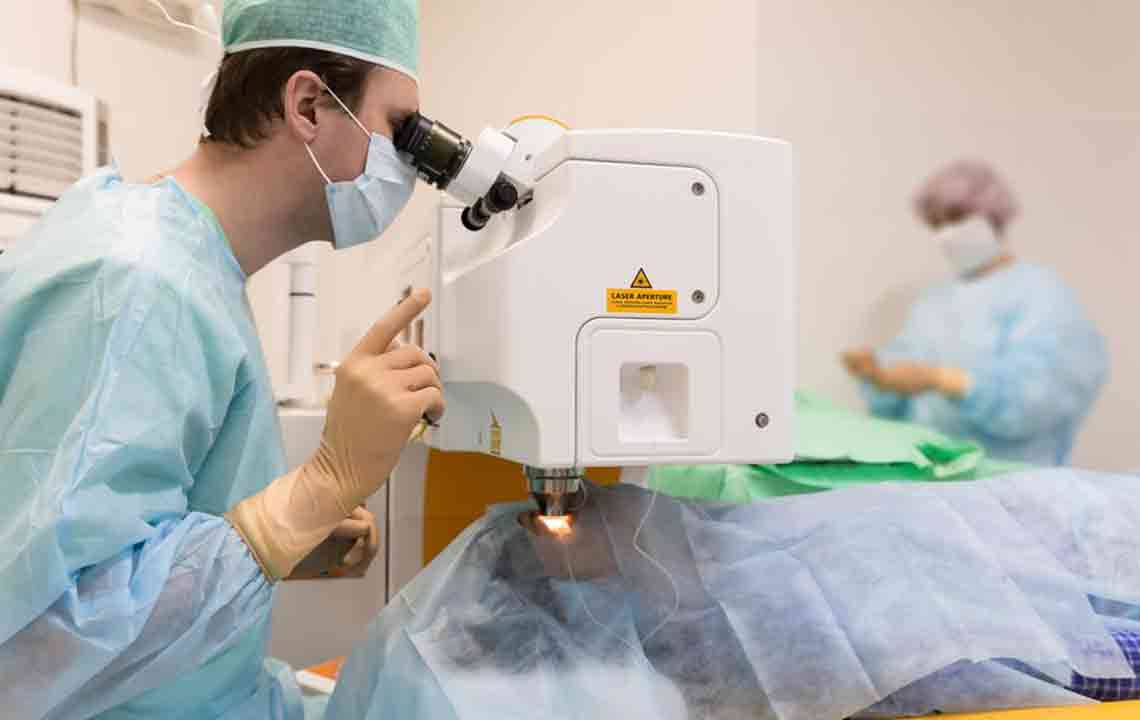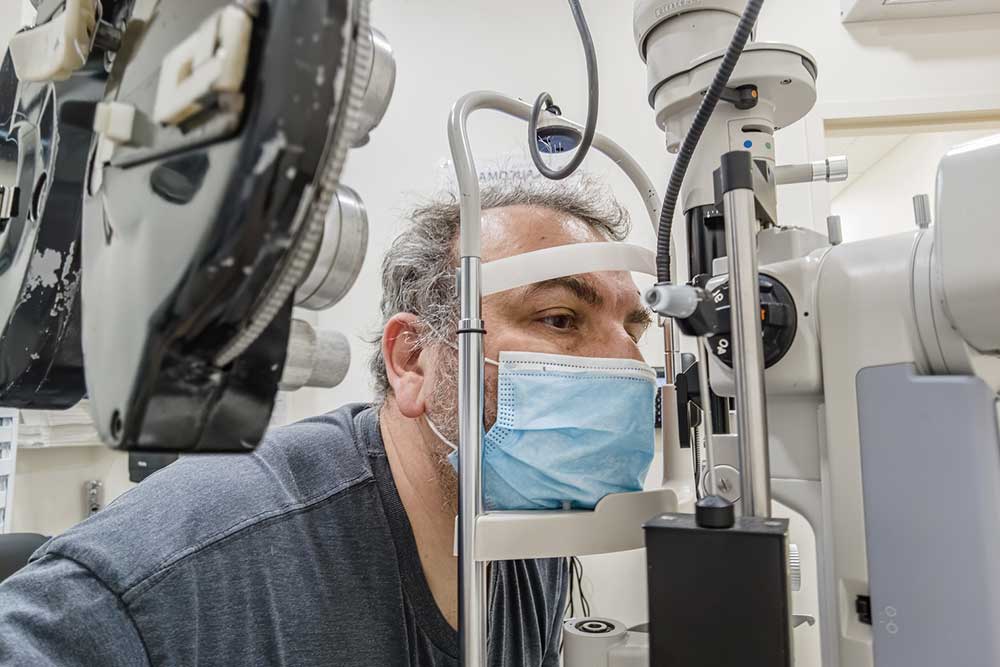Important Things To Know About Laser Eye Surgery
Laser eye surgery is performed to correct certain vision problems like myopia, hyperopia, and astigmatism. Myopia, also known as nearsightedness or short sightedness is a condition in which your eye loses focus on distant objects making them look blurry, while close vision is not affected.
Hyperopia is the exact opposite of myopia, also referred to as farsightedness in which vision loss is for objects that are closer. Astigmatism is an advanced condition which results in distorted focuses for objects all around as light is not properly focused on the retina for maintaining perfect vision.

Laser eye surgery or LASIK (laser assisted in situ keratomileusis) is a type of refractive surgery that corrects vision problems using laser technology. In order to improve your vision, the eye’s cornea is reshaped using a laser thus providing a long term alternative to contact lenses and eyeglasses.
Benefits of laser eye surgery
- Laser eye surgery or LASIK procedure has a very low complication rate for correcting vision loss and has been proven effective in most cases
- There is no pain experienced during or after a laser eye surgery, compared to other alternative methods of correcting vision loss
- Quick recovery time and the ability to resume daily routine is one of the important benefits of LASIK surgery as there is no need for bandages or stitches
- Correctional changes can be further made down the line to enhance vision, after the first LASIK surgery
Things to know about LASIK surgery
- Although there are a number of benefits of opting the LASIK procedure for vision corrections, there are other factors to be taken into account before the surgery
- Laser eye surgery is permanent and changes made to the cornea cannot be reversed after the first procedure. Only corrections can be made in further LASIK procedures for enhancing vision
- LASIK is a complex procedure with only one certain outcome that will alter your vision for the foreseeable future. It is advisable to seek good consultation and multiple medical opinions before option for the irreversible procedure
- Contact lenses and eyeglasses provide best vision (20/20 vision) which is regarded as the highest degree of sight. There are chances of losing best vision one year after the first surgery
- There are a number of sight effects of laser eye surgery to be taken into account that include glare, visible halos around images, dry eyes, fluctuating vision and in some cases, difficulty experienced while driving at night
Types of laser eye surgery:
Keratomileusis is one of the LASIK surgery options available. Other types of laser eye surgery include:
- Photorefractive keratectomy (PRK)
This surgery is different from Keratomileusis as only the surface of the cornea is affected and not the tissue underneath. PRK also allows for computer imaging to map out the surgical procedure to correct mild to moderate cases of myopia, hyperopia, and astigmatism. - Laser Epithelial Keratomileusis (LASEK)
This laser eye surgery involves alteration of the corneal tissue as opposed to the surface, for vision correction. A flap is cut and the laser is used to reshape the corneal tissue. During recovery, a soft tissue lens is used to hold the flap and allow sufficient time for healing. - Refractive lens exchange (RLE)
RLE is very similar to a cataract operation in which the surgeon removes the actual lens to be replaced with a silicon substitute to correct extreme nearsightedness and farsightedness. This procedure is recommended for people who have thin corneas or are suffering from dry eyes. RLE is also referred to as clear lens exchange, clear lens extraction (CLE), and refractive lens replacement (RLR). EPI LASIK and EPI LASEK are alternatives for refractive lens exchange with similar surgical procedures. - Presbyopic lens exchange (PRELEX)
This laser eye surgery is recommended to treat loss of flexibility (also known as presbyopia) in which the actual eye lens is replaced with a multifocal lens.
Average cost for most common types of laser eye surgery
The cost of any medical procedure will differ according to the type and severity of the condition. Medical insurance will significantly affect laser eye surgery prices.
- For LASIK, the cost incurred will be around $1600 to $3700 approx. per eye
- LASEK is a cheaper alternative ranging from $1600 to $2600 for one eye
- PRELEX will cost an average of $2250 per eye
Safety of laser procedures
Laser procedures have a relatively low complication rate and are safe. Rare complications include infections and delayed healing, under correction or overcorrection, worse vision, flap loss or damage, excess corneal haze, and regression.




